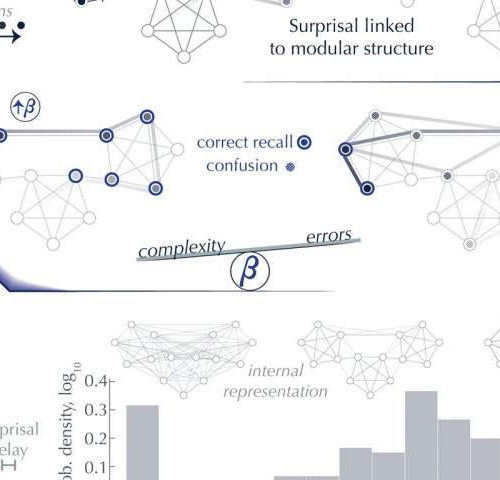by University of Pennsylvania The human brain is a highly advanced information processor composed of more than 86 billion neurons. Humans are adept at recognizing patterns from complex networks, such as languages, without any formal instruction. Previously, cognitive scientists tried to explain this ability by depicting the brain as a highly optimized computer, but there...
Tag: <span>beta-amyloid plaques</span>
Post
What comes first, beta-amyloid plaques or thinking and memory problems?
by American Academy of Neurology The scientific community has long believed that beta-amyloid, a protein that can clump together and form sticky plaques in the brain, is the first sign of Alzheimer’s disease. Beta-amyloid then leads to other brain changes including neurodegeneration and eventually to thinking and memory problems. But a new study challenges that...
Post
Plaque-busting plants take on Alzheimer’s and Parkinson’s
Believed by some to be a hangover cure, prickly pear extract may soon play a more significant role in helping Alzheimer’s and Parkinson’s patients as well The fight against the debilitating effects of Alzheimer’s and Parkinson’s diseases may have just gotten a new weapon from both a land-based and sea-based plant in the Mediterranean basin....

